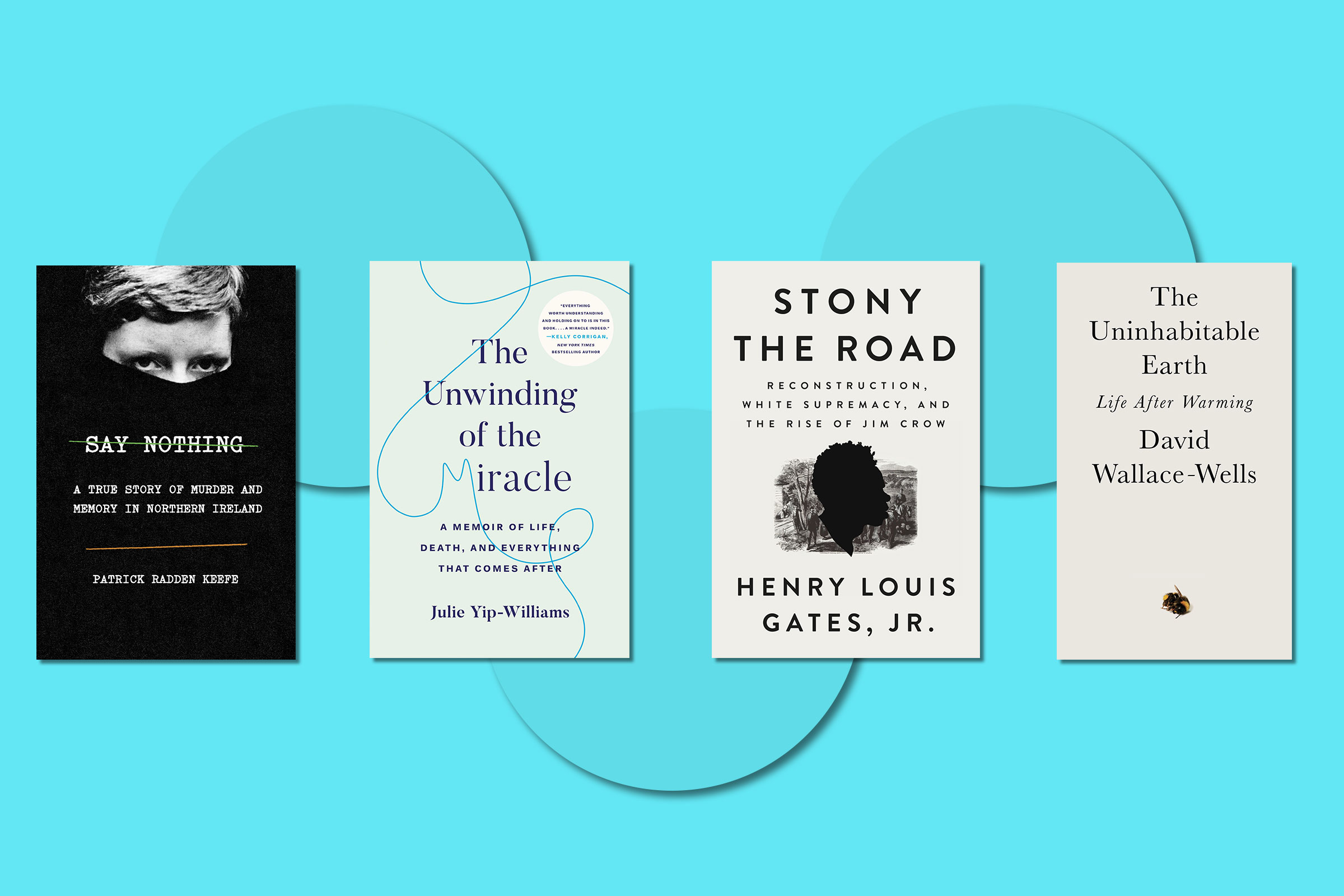
Many of the best nonfiction books of the year so far ask readers to make change. In Charged, Emily Bazelon presses us to stop giving prosecutors so much power in the courtroom. In The Uninhabitable Earth, David Wallace-Wells warns of the grim future we’ll face if we don’t step up to help protect the planet. In The Unwinding of the Miracle, Julie Yip-Williams urges us to appreciate the little moments in life, before it’s too late. These books, by literary scholars, journalists and experts across fields, give us the context we need to make better sense of the world around us. Here, the best 10 nonfiction books of 2019 so far.
Read TIME’s picks for the best fiction books, movies and TV shows of 2019 — so far.
Charged: The New Movement to Transform American Prosecution and End Mass Incarceration, Emily Bazelon
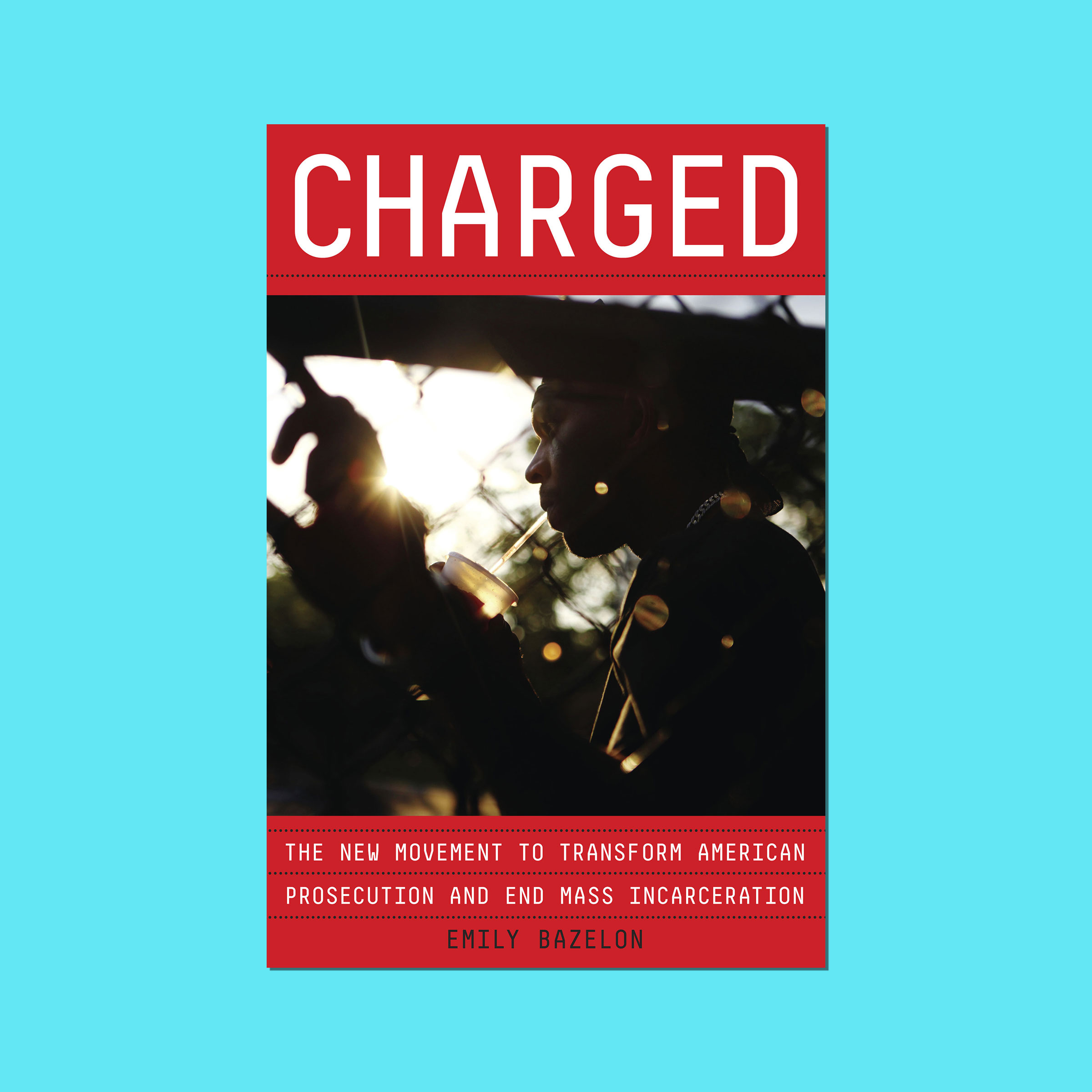
American courtrooms are meant to be equal playing fields for both the prosecution and the defense. But journalist and legal commentator Emily Bazelon argues that the country’s mass incarceration crisis proves that this ideal couldn’t be farther from the reality. In Charged, Bazelon follows the cases of two young defendants, blending in-depth reporting with a harrowing narrative that highlights what she views as the dangerous powers of prosecutors.
Furious Hours: Murder, Fraud, and the Last Trial of Harper Lee, Casey Cep
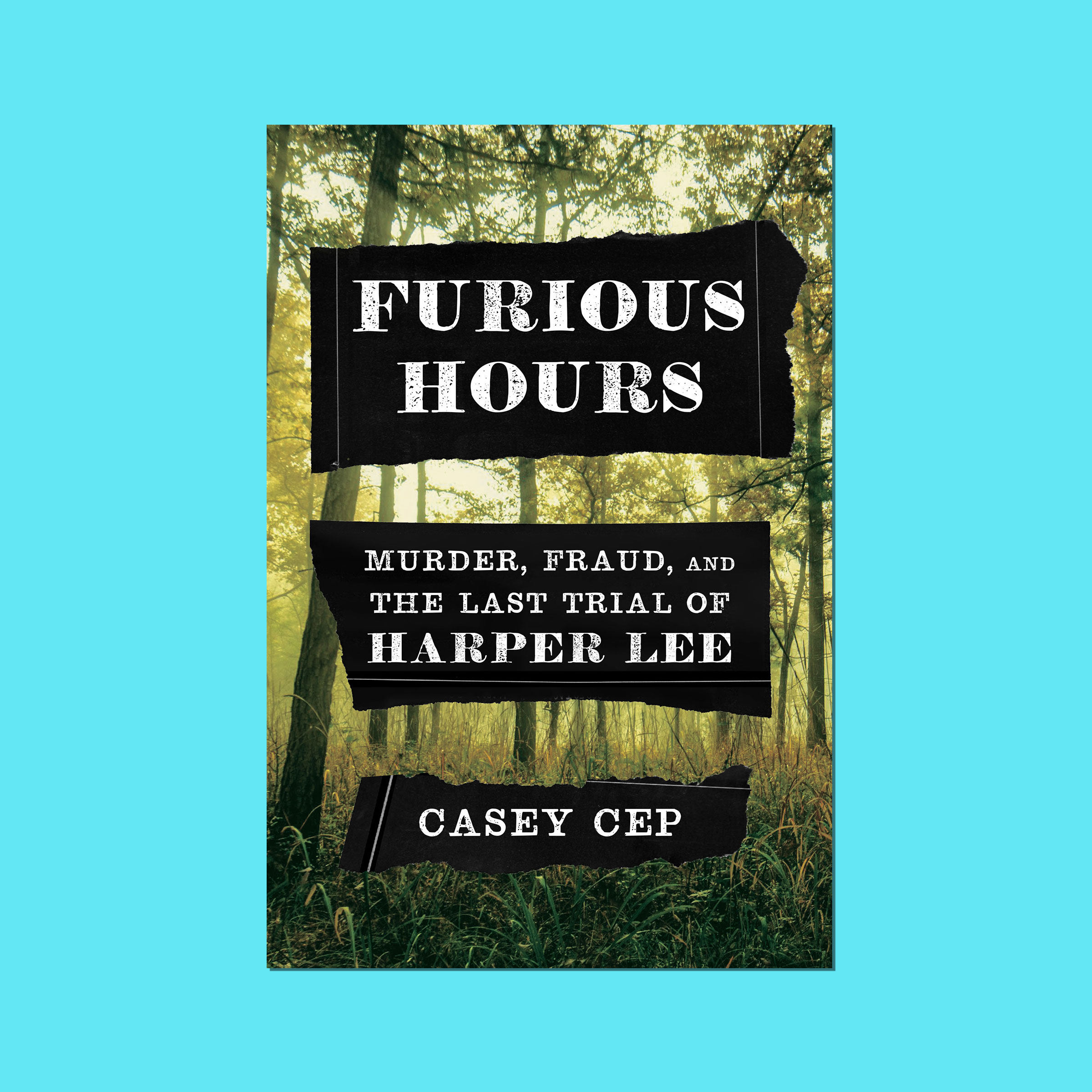
What happened to Harper Lee after she published To Kill a Mockingbird? Debut author Casey Cep sought to find out in her book Furious Hours, which details Lee’s obsession with a multi-murder investigation in 1970s Alabama. Though the true-crime case inspired Lee to try to write another book, she likely never finished it, and Cep explores why. In vivid prose, Cep opens new doors to understanding one of America’s literary heavyweights.
Dreyer’s English: An Utterly Correct Guide to Clarity and Style, Benjamin Dreyer
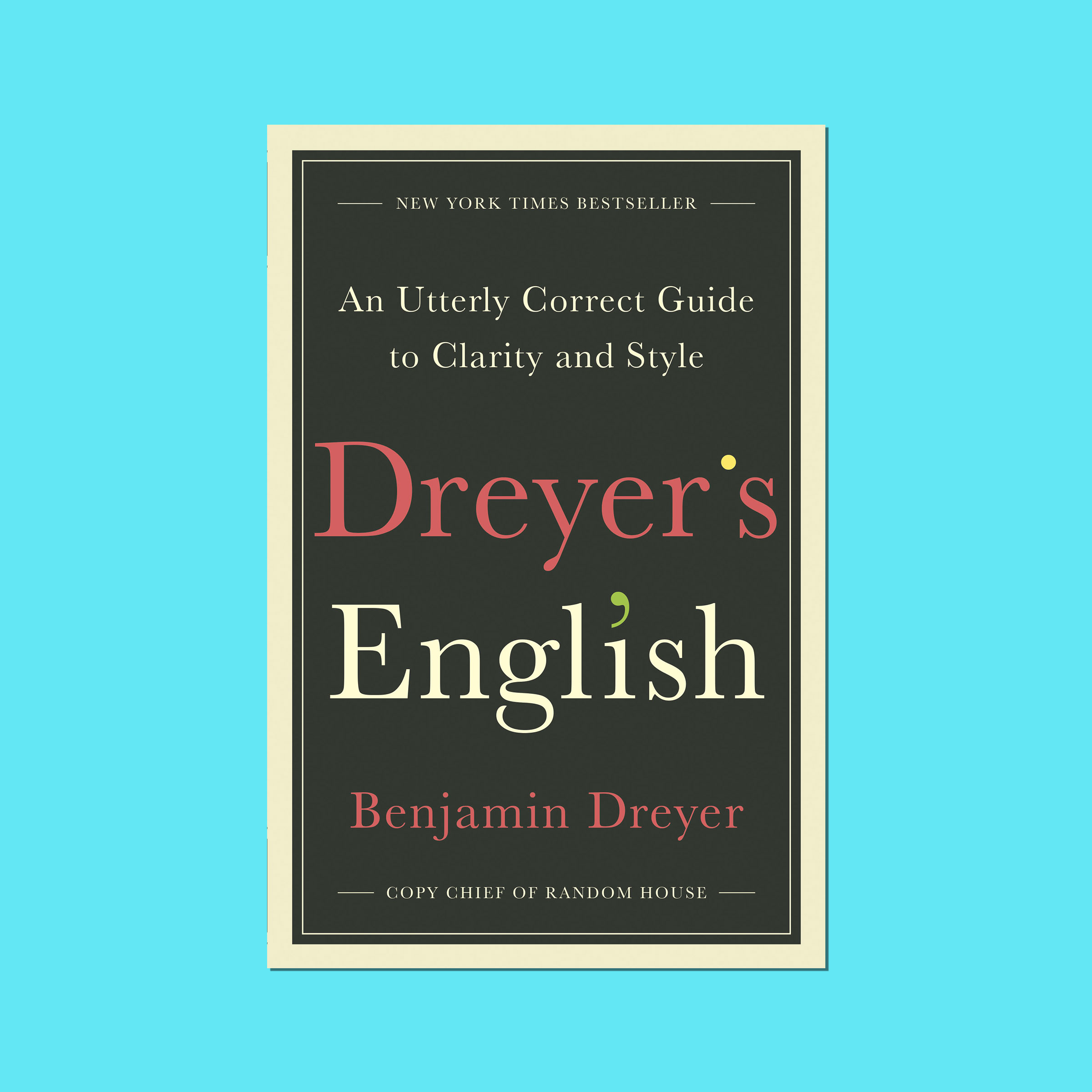
If learning about the pillars of punctuation and grammar doesn’t excite you, let Benjamin Dreyer change your mind. As the copy chief of Random House, Dreyer has invaluable insider knowledge on how to become a better writer, and he shares his enthusiasm about everything from how to use split infinitives to the value of the semicolon. Here, he analyzes the English language without dipping into the drab technicalities, crafting a pleasing read for anyone who has an appreciation for the written word.
Stony the Road: Reconstruction, White Supremacy, and the Rise of Jim Crow, Henry Louis Gates, Jr.
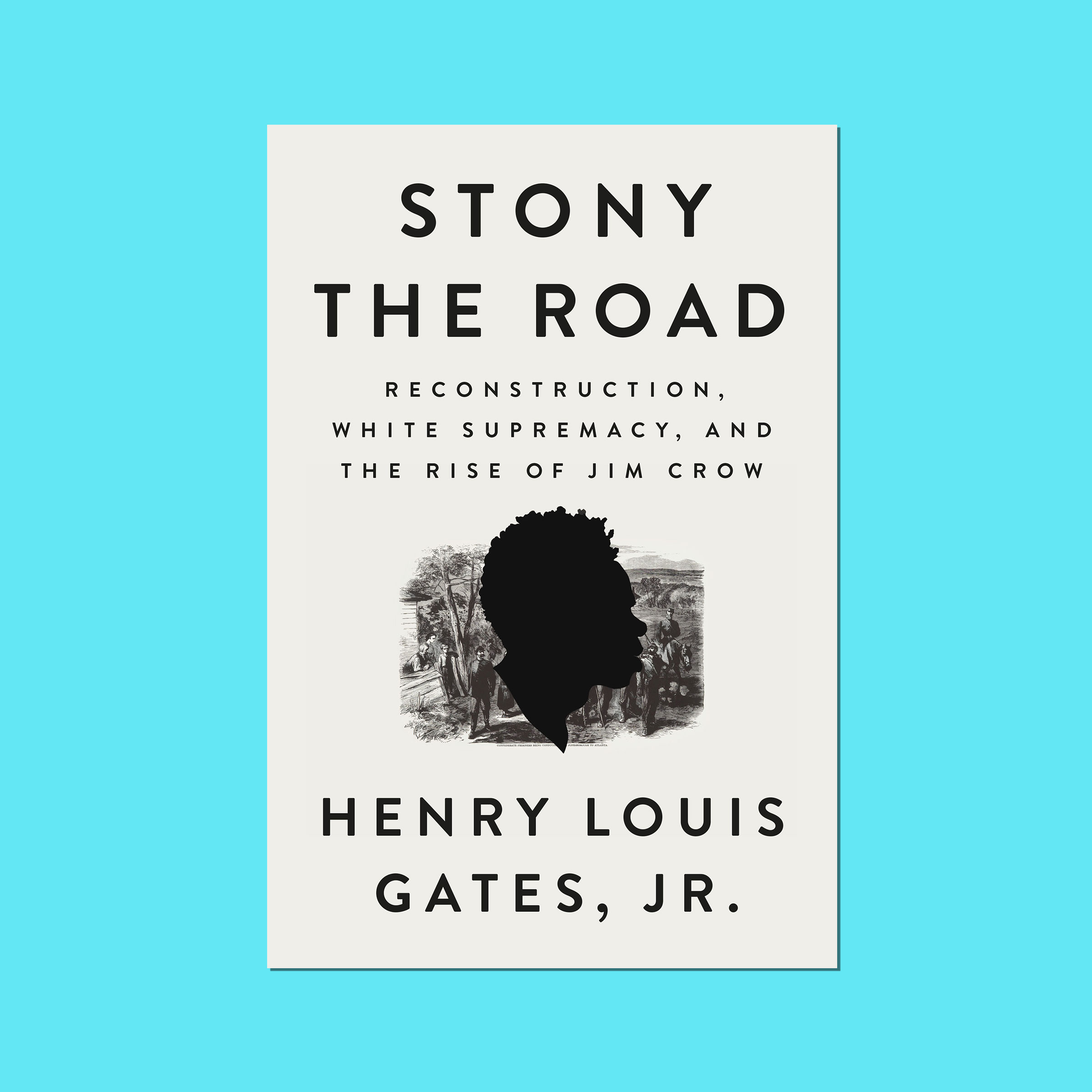
The period after the abolition of slavery should have been a hopeful one for African-Americans. But it quickly became terrorizing with the rise of Jim Crow laws and white supremacists who enacted horrific violence — like lynching and murder — on thousands of black Americans. Literary scholar, filmmaker and journalist Henry Louis Gates, Jr., studies the period before the civil rights movement of the 1960s in his devastating dissection of the country’s ugly relationship with racism.
Survival Math: Notes on an All-American Family, Mitchell S. Jackson
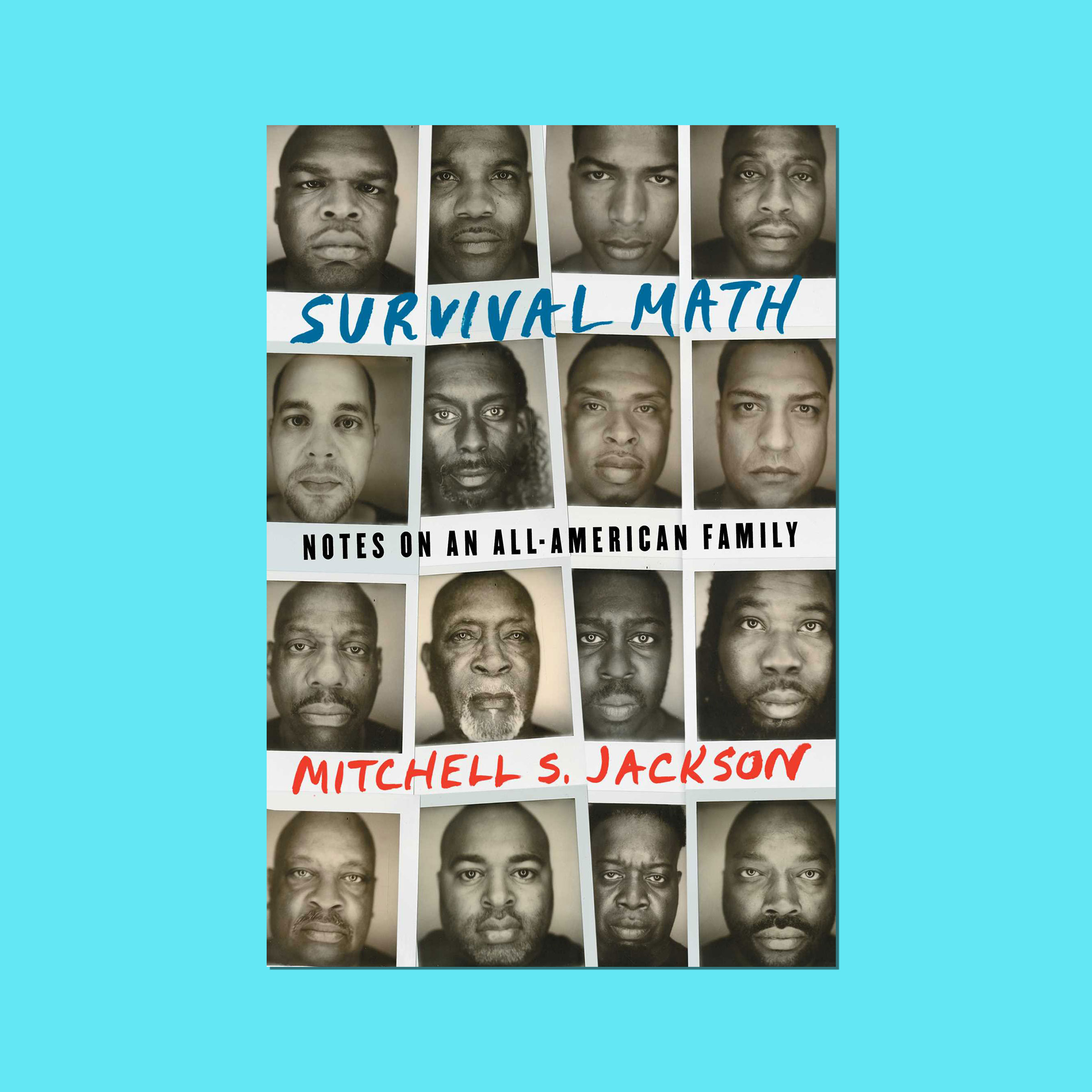
In his nonfiction debut, award-winning novelist Mitchell S. Jackson explains what it’s like to grow up black in one of the whitest cities in the country: Portland, Ore. Jackson’s brutally honest memoir delves into his own past — ruminating on his mother’s drug addiction — alongside the histories of the men who came before him. Jackson places his experiences with violence, crime and trauma in a broader context through photographs and stories of his male relatives, illuminating the true costs of survival in the U.S.
Say Nothing: A True Story of Murder and Memory in Northern Ireland, Patrick Radden Keefe
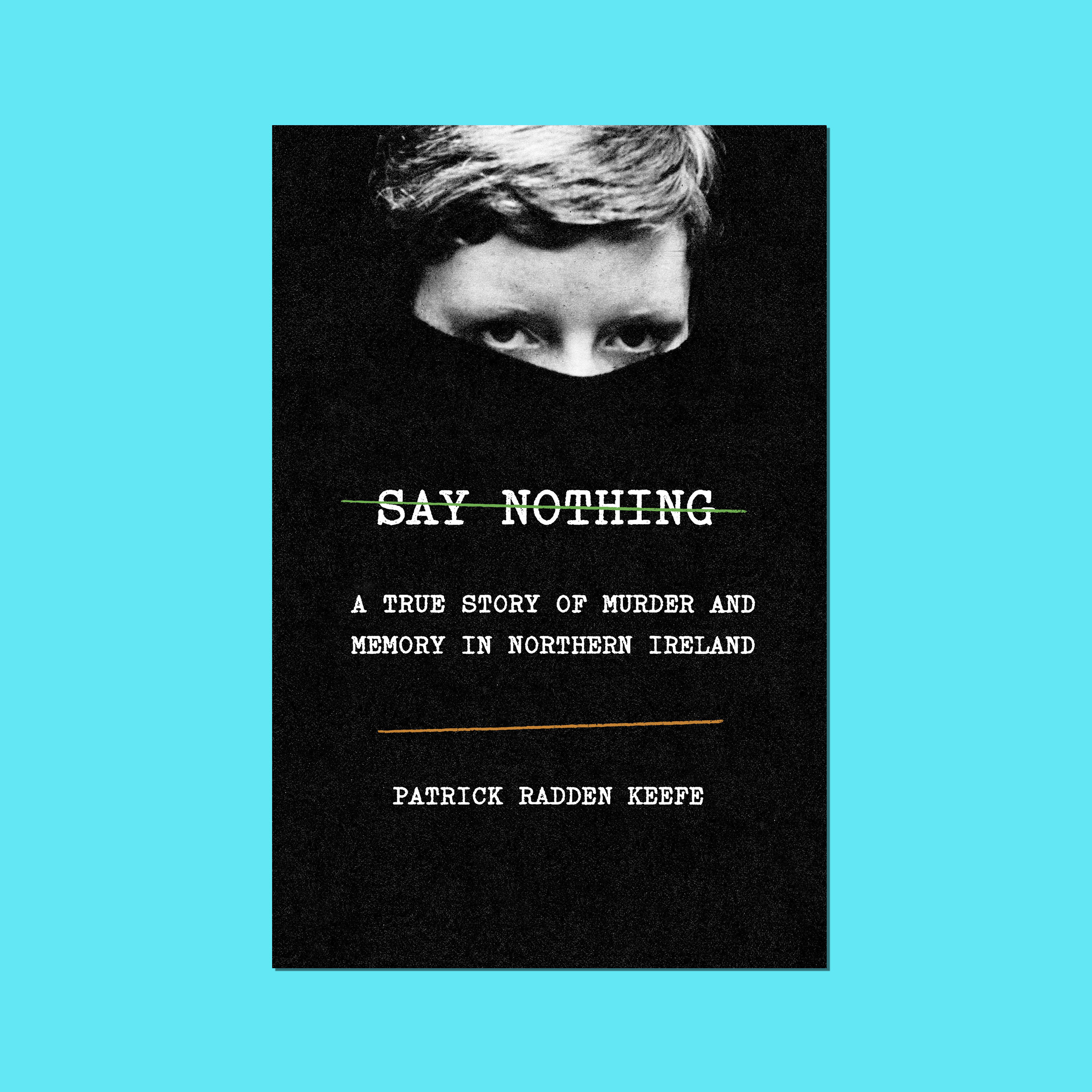
In December 1972, Jean McConville became an infamous casualty of the Irish Troubles when she was mysteriously abducted from her Belfast flat by masked intruders, never to return. Journalist Patrick Radden Keefe dives into the crime and its aftermath in order to decode what happened to McConville — he may even have discovered the guilty party, by accident. Not only does Say Nothing immerse readers in an essential period of Irish history, but it also adds to a larger conversation about the lengths to which people will go to achieve peace.
The Heartbeat of Wounded Knee: Native America from 1890 to the Present, David Treuer
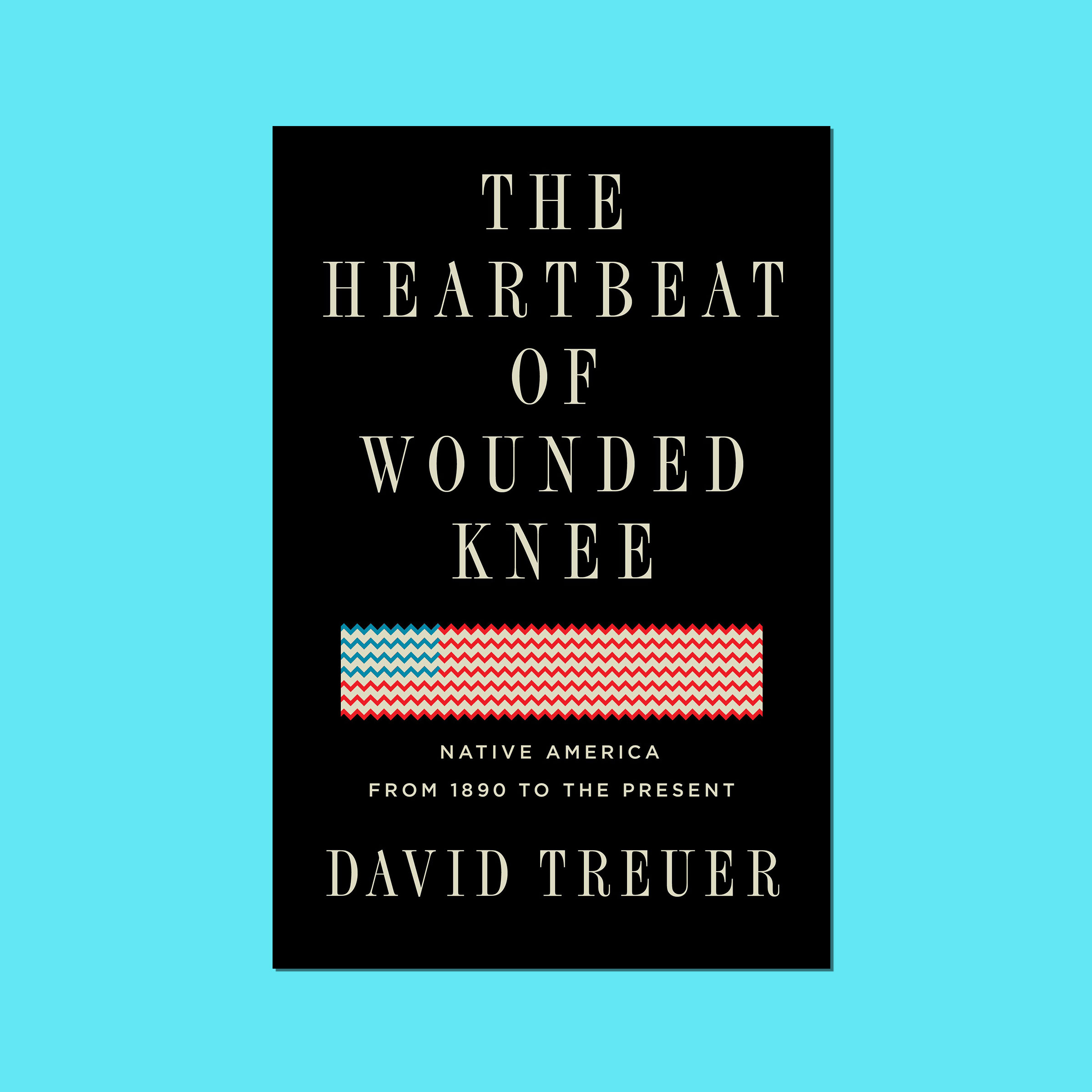
Ojibwe author David Treuer, who grew up on a reservation in Minnesota, takes a comprehensive look at the Native American experience, focusing on the events after the 1890 Wounded Knee massacre. As he traces a troubled history, Treuer incorporates personal stories as well as extensive research to showcase how Native Americans have been resourceful and resilient in the face of adversity.
The Uninhabitable Earth: Life After Warming, David Wallace-Wells
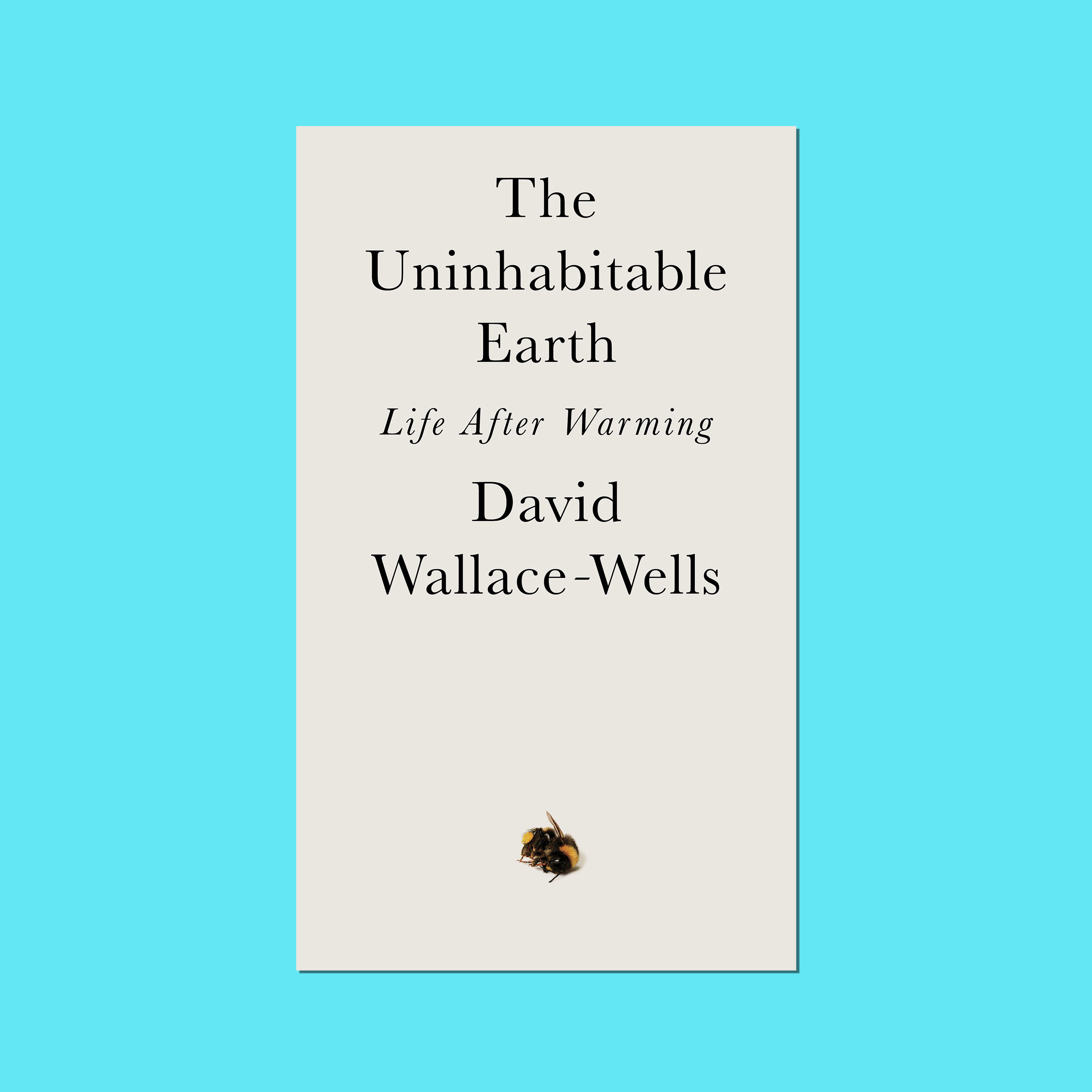
Plagues, fires and floods sound like the elements of an apocalyptic fantasy, but, David Wallace-Wells warns, they could soon become our reality if global warming continues at its current pace. Wallace-Wells argues that earth is on its way to becoming uninhabitable, and it’s happening faster than we thought. Skipping the scientific jargon and relaying the facts in urgent and elegant prose, the magazine editor crafts a stirring wake-up call to recognize how global warming will permanently alter every aspect of human life.
The Collected Schizophrenias: Essays by Esmé Weijun Wang
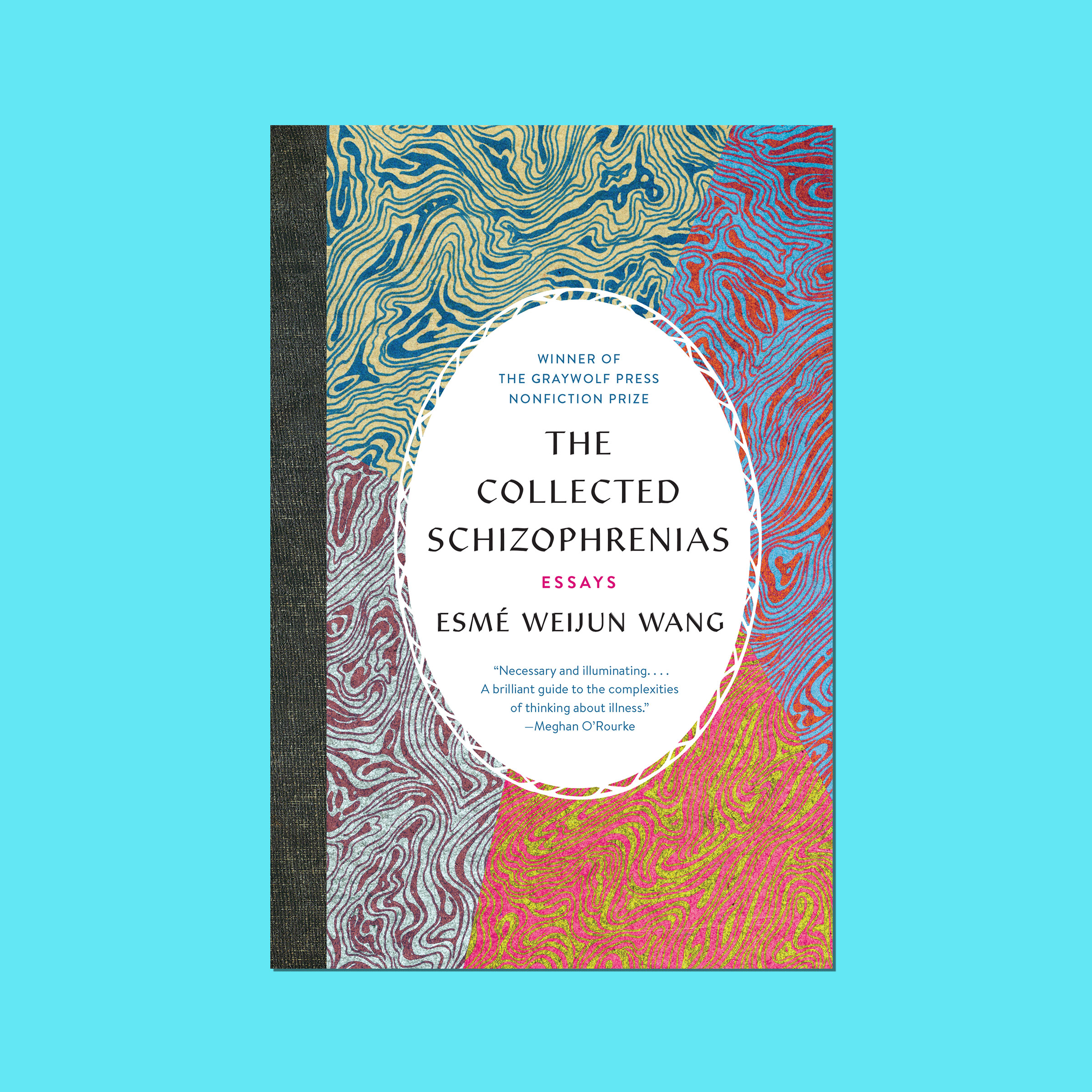
The 13 essays in Esmé Weijun Wang’s dynamic collection offer a new vocabulary for discussing the perils and misconceptions surrounding mental and chronic illness. Through pages that describe her own road to a schizoaffective disorder, bipolar type diagnosis, Wang, who suffers from additional illnesses, sheds light on what it feels like to grapple with conditions that may not be visible to the eye. In The Collected Schizophrenias, Wang balances her personal battles with thorough research, bravely demonstrating why these topics should provoke more public dialogue.
The Unwinding of the Miracle: A Memoir of Life, Death, and Everything That Comes After, Julie Yip-Williams
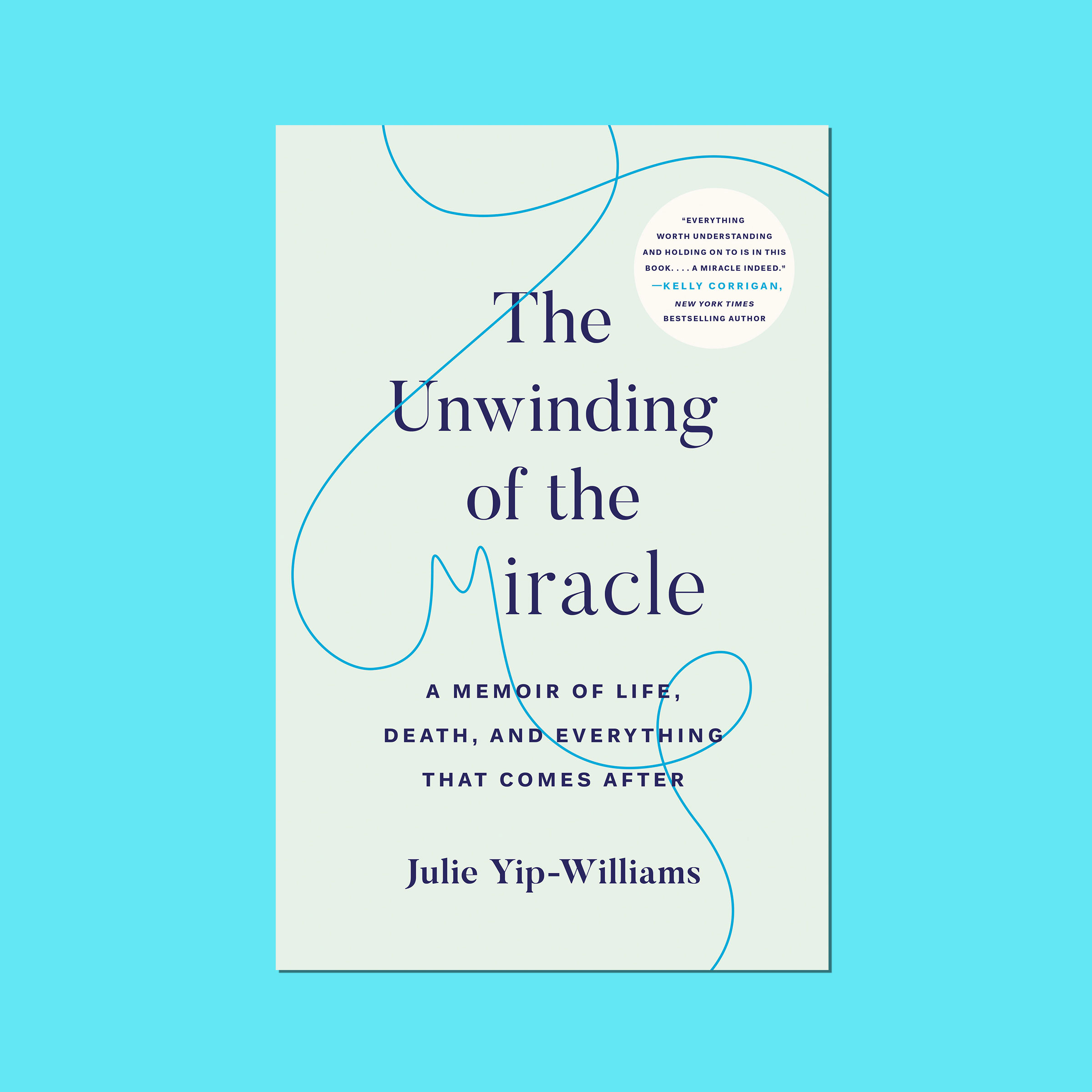
The miracle in The Unwinding of the Miracle refers to author Julie Yip-Williams’ rocky way into the world: she was born blind in Vietnam, where her grandmother attempted to have her euthanized. Decades later, Yip-Williams stands strong in the face of her tumultuous past — she becomes a Harvard-educated lawyer, a wife and a mother to two young daughters — until a terminal cancer diagnosis changes everything. At 37 years old, Yip-Williams stares down the end of her life and brings readers along on her gutting journey as seeks to understand what it all means.
More Must-Reads From TIME
- Dua Lipa Manifested All of This
- Exclusive: Google Workers Revolt Over $1.2 Billion Contract With Israel
- Stop Looking for Your Forever Home
- The Sympathizer Counters 50 Years of Hollywood Vietnam War Narratives
- The Bliss of Seeing the Eclipse From Cleveland
- Hormonal Birth Control Doesn’t Deserve Its Bad Reputation
- The Best TV Shows to Watch on Peacock
- Want Weekly Recs on What to Watch, Read, and More? Sign Up for Worth Your Time
Write to Annabel Gutterman at annabel.gutterman@time.com